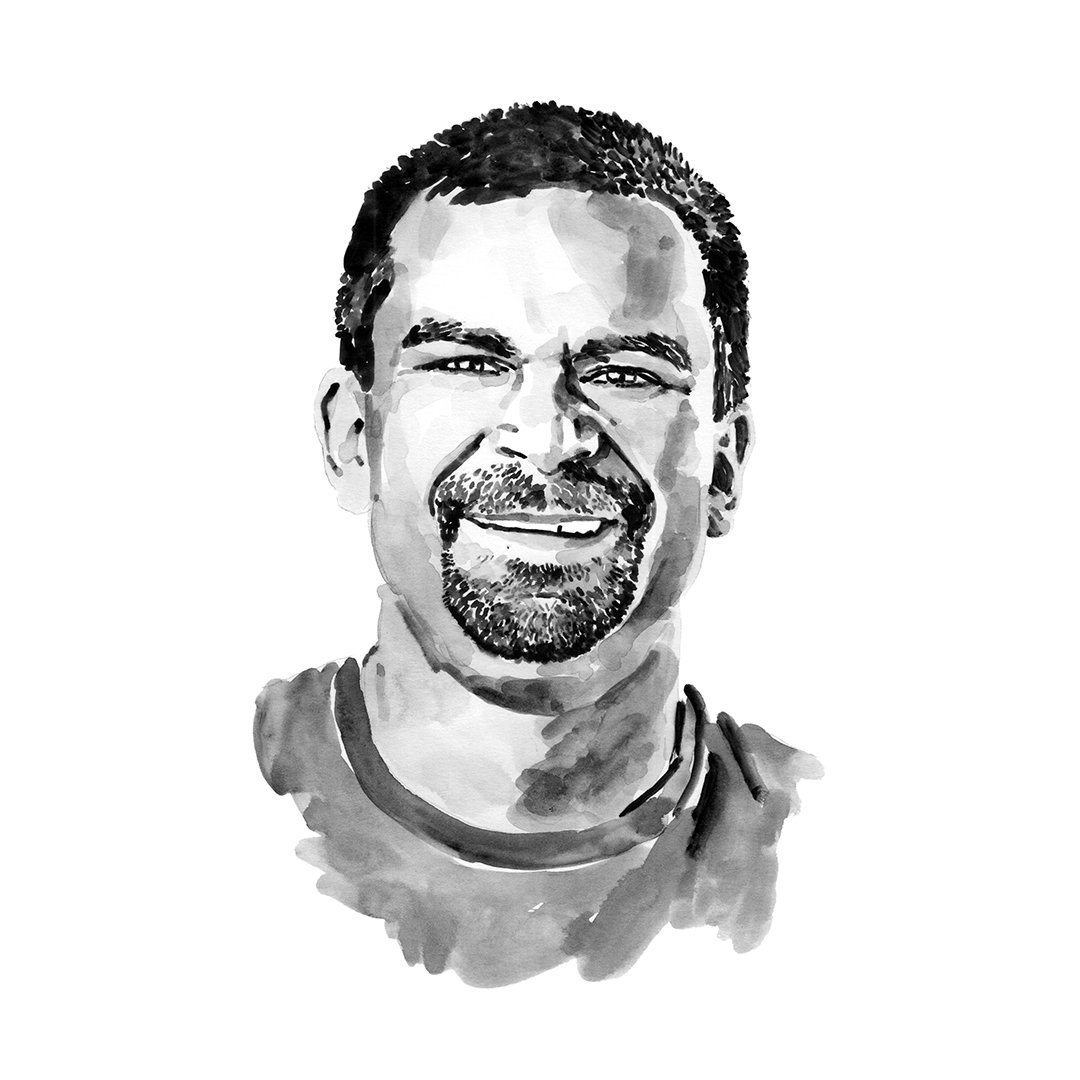Kevin Feldheim

Who I am
Dr Kevin Feldheim received his PhD in 2002 from the University of Illinois at Chicago. He has been working at the Field Museum in Chicago as the A. Watson Armour III manager of the Pritzker Laboratory for Molecular Systematic and Evolution since 2001. His work entails using genetic markers to examine the mating system and population genetics of elasmobranchs. One of his main projects is leading the genetic studies of lemon sharks from Bimini. This project encompasses a 25-year sampling period that has provided insight into several aspects of elasmobranch mating biology.
Where I work
Kevin Feldheim and co-project leader Steven Kessel are based in Chicago, USA, at the Museum Campus complex, Steven at the Shedd Aquarium and Kevin at the adjacent Field Museum. Despite the landlocked location, both researchers have field work interests within the native region of the Caribbean reef shark. Steven runs an elasmobranch research programme from Shedd’s 80-foot (24-metre) vessel the RV Coral Reef II. This programme is based in The Bahamas and Florida and focuses largely on Caribbean reef sharks. Kevin works on a variety of elasmobranch-based projects, receiving samples at his genetics lab from around the globe on a regular basis.
The project is run jointly by the Shedd Aquarium and Field Museum, using their cutting-edge labs and the staff’s expertise.
What I do
From Chicago’s Museum Campus, Steven and Kevin use their extensive networks to solicit Caribbean reef shark genetic samples from active shark researchers across the subtropical and tropical region of the western Atlantic. The samples are shipped to Chicago, where they are catalogued and stored prior to processing. Working with interns from the Chicago area, who receive training in genetic research techniques, the samples are processed to prepare them for sequencing. Once critical mass is reached, the samples are shipped together to California for next generation sequencing. The processed data are analysed to investigate genetic variability and connectivity across the species’ range. Meanwhile, the sequenced data are sent to each contributing researcher to enable them to conduct fine-scale investigations into their local populations. Regional seascape data, such as bathymetry, currents and habitat connectivity, are concurrently compiled from online resources and modelled against the next generation data to identify potential barriers to genetic flow, both past and present.
